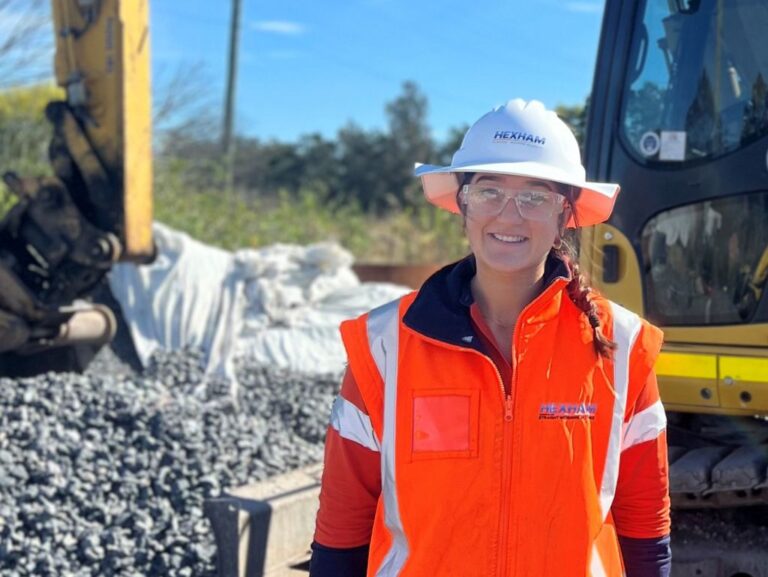A Hunter-based financial services firm is urging older Australians and their families and carers to learn more about and act on new changes to Government funding support for aged care services that come into effect from 1 July 2014.
JSA Group aged care adviser Bruce Killingly said the changes are largely to the means testing of both aged care accommodation and in-home aged care services. Bruce said the Government has designed the changes so that people pay more towards the cost of their aged care, reducing the burden on the taxpayer. He said the changes will have significant impacts on older Hunter residents, leaving many more out of pocket.
A single means test will assess a person’s assets and their income to determine their capacity to contribute towards their cost of accommodation and care. Accommodation charges will be in the form of a lump sum payment, called Refundable Accommodation Deposits (RAD), or Daily Accommodation Payment (DAP) based on the RAD. Residents will pay the advertised market price published by the aged care facility with little room for negotiating these payments. For people moving into aged care facilities they will be able to choose the proportion they pay by RAD, a DAP or a combination of the two.
The means testing of in-home care is now formalised and set by Centrelink rather than by the service provider.
Bruce said the changes are complex so it is important to get proper advice. He is now advising many clients to look at their assets rather than just their income when it comes to means testing for aged care support.
He said that there were also a number of misconceptions about the changes. The family home is not included in any means test provided a spouse or relative providing care and receiving Centrelink income support remains living there. Aged care facilities, with the exception of those providing extra services, still need to maintain a ratio of people who pay towards the cost of their accommodation, and those who are financially disadvantaged.
People currently living in aged care facilities or receiving in home aged care services will not be affected by the changes until they change their current arrangements.
“The issue here is that adding an extra service or moving to a higher level of service for in-home care constitutes a change and people will then fall under the new system,” Bruce said.
“If people are in the process of considering changes to aged care packages or in home care or securing an aged care place, they should do so now before the changes if they can.”
He said another complication for people is the new means tested fee can be large. It is capped at $25,000 a year, but an aged care facility could charge up to $188 per day.
“Some asset rich residents may not have enough cashflow to cover such payments.”
Approximately 150,000 aged care assessments are carried out in Australia annually and around 40 per cent of those assessed enter a residential aged-care facility.
“As baby boomers get older, and with people now living longer than ever before, there is a growing need to get advice about aged care options.”
JSA Group has been operating for more than 38 years. It provides financial planning, tax and accounting services, mortgages and finance, corporate superannuation, as well as property, novated leasing and equipment finance services. The firm has offices in Honeysuckle and Charlestown.




